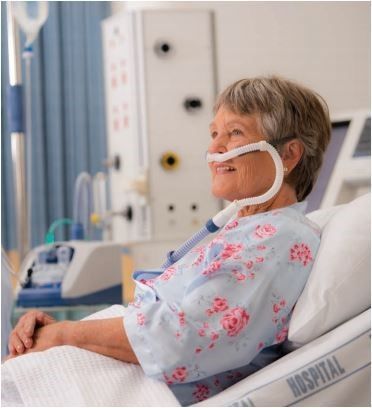What are the eligibility criteria for a genetic test?
What are the eligibility criteria for a genetic test??
There are different types of cancer that can affect men and women. Triggers can be genetic or environmental. They can be related to lifestyle, daily nutrition or excessive consumption of alcohol and smoking.
The breast cancer, in women, it is a highly frequent oncological disease (representing 29% of all types of cancer) and is the cause of 17% of deaths from cancer in the female population 1 , for this reason it is recommended to carry out the breast cancer genetic test.
Estimates have found that in Italy more than 1 out of 1 women.000, 2 breast cancers are diagnosed every year . The risk for an Italian woman of getting sick from this carcinoma is 13%. About 1 in 45 women are diagnosed with cancer by age 50, 1 in 19 between the ages of 50 and 69, and 1 in 23 between the ages of 70 and 84 2 .
It is very important to adopt preventive measures to avoid the onset of neoplasms such as breast or ovaries, also defined as “silent killer” as its symptoms are silent and become evident in an advanced phase 3 . Some of these preventive attitudes are:
- lead a balanced lifestyle
- Follow a Saria and varied diet 4
- keeping fit
Familiarity and genetic mutations are risk factors which can lead to the development of breast or ovary cancer. If there is a member in the family to whom one of these tumors has already been diagnosed, the probability of onset increase in another family member. In its own genetic heritage, each individual has the BRCA1 and BRCA2 genes, whose mutations can be transmitted by hereditary. Alterations in these genes may lead to an increased risk of ovarian and breast cancer 5,6 .
An early diagnosis of cancer allows for prompt intervention, increasing the chances of survival which for breast cancer are around 98%, while for ovarian cancer they are around 85% . A tool that a woman must take into consideration to be more likely to arrive at an early diagnosis is the assessment of familiarity and heredity for these two forms of neoplasms. Specific genetic tests are useful in detecting mutations in the BRCA genes, associated precisely with the appearance of breast and ovarian cancer.
The BRCA Source test is a genetic screening exam that allows you to detect mutations in the BRCA genes. With a simple blood sample, the entire genetic sequence is analyzed to detect any mutations to the BRCA genes. It is recommended for all women who wish to have information about their genetic predisposition to breast and ovarian cancer and in particular to those who are already familiar with these oncological diseases.
The team of specialists in medical genetics of genetic source, starting from the Foncam guidelines (National operating force on breast cancer), has drawn up the following eligibility criteria To direct patients to the familiarity questionnaire.
Subjects with breast cancer
- diagnosis age < 36 years
- Familiarity of first degree for breast and/or annexial carcinoma
- male breast cancer at any age
Subjects with annexial carcinoma (ovary, tube and primitive peritoneal)
- age of diagnosis < 50 years
- Familiarity of first degree for breast and/or annexial carcinoma
Subjects not affected by tumor pathology
- Familiarity of first degree for breast and/or annexial carcinoma
The first degree familiarity concerns the parents, children, brothers and/or sisters of both branches of the family (maternal and paternal).
The presence of a genetic mutation does not imply the appearance of breast or ovarian cancer at all costs. It is however important to detect one’s genetic predisposition to immediately identify a prevention plan ad hoc.
For more information on genetic tests for breast and ovary cancer: www.borcasorgent.IT
Edited by: genetic source press office
Sources:
1. AIRC – Italian Association for Cancer Research
2. Cancer numbers in Italy – 2016
3. Acto Onlus – Ovarian tumor and genetic risk: what you need to know
4. Lilt – Italian League for the fight against cancer
5. Rohini, r., Chun, j., Powell, s. (201 2). BRCA1 AND BRAC2: Different Roles in A Common Pathway of Genome Protection. Nature.1 2: 68-78.
6. Ferla R, et al. (2007). Founder Mutations in BRCA1 and BRCA2 Genes. Annals of Oncology.
1 8; (Supplement 6): VI93-VI98.
7. AIRC – Italian Association for Cancer Research


